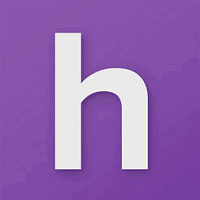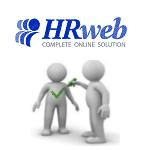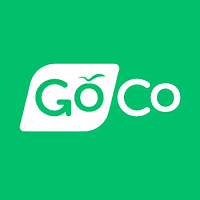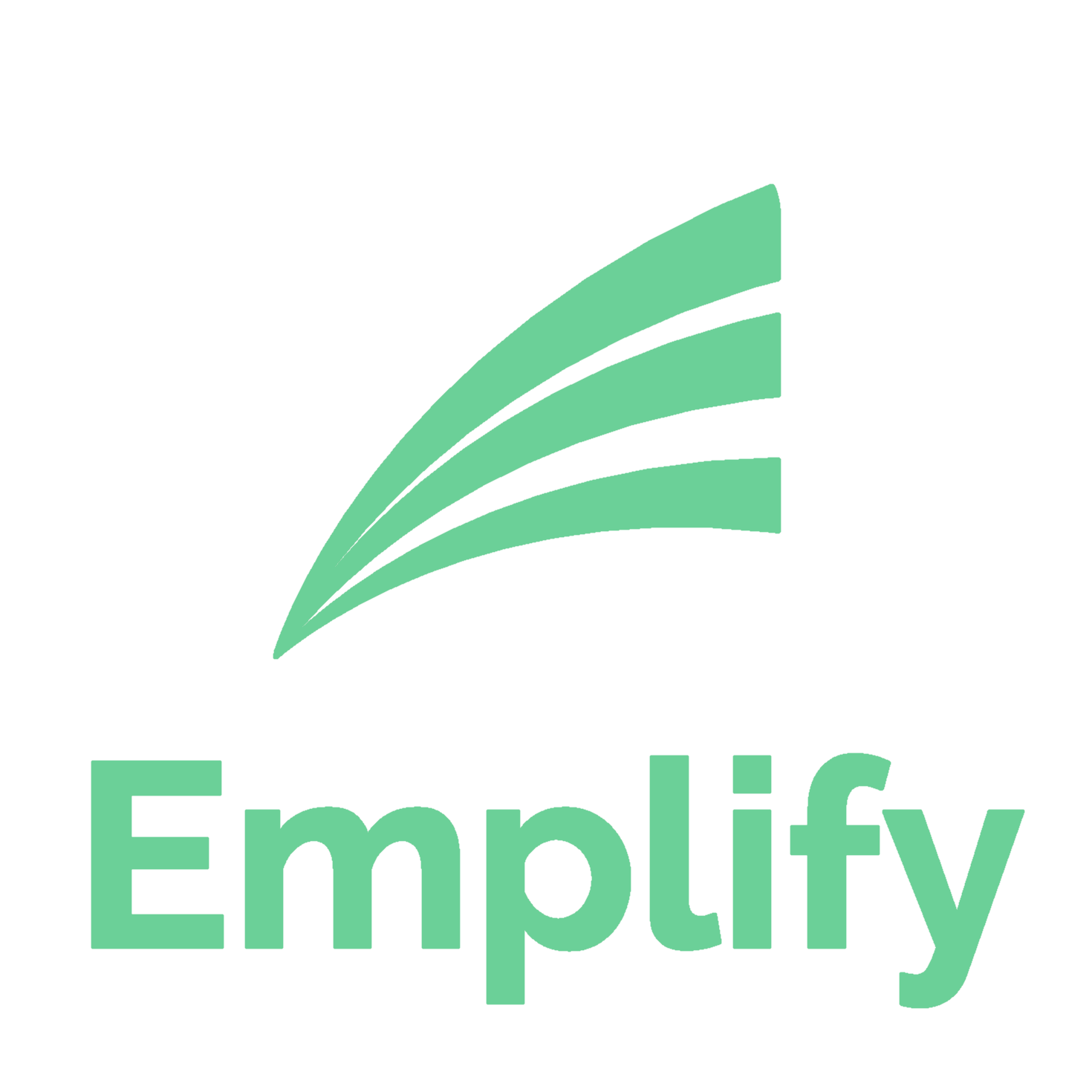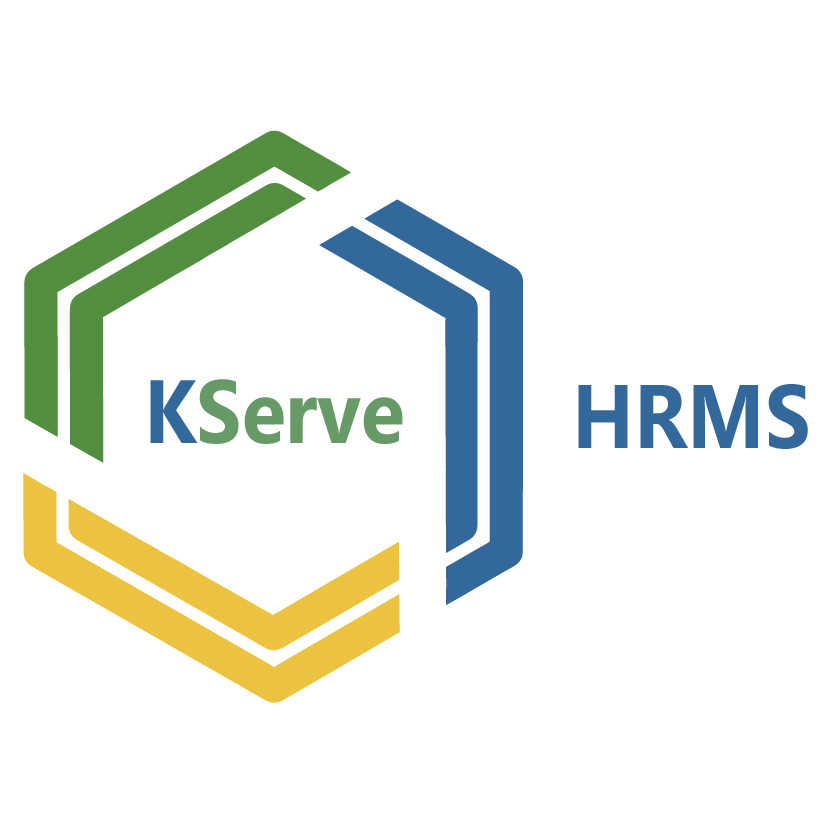Description

Access PeopleHR

Rotageek
Comprehensive Overview: Access PeopleHR vs Rotageek
Access PeopleHR and Rotageek are both software solutions focused on human resources management, but they cater to different aspects within this domain. Here’s a comprehensive overview of their primary functions, target markets, market share, user base, and key differentiating factors:
Access PeopleHR
a) Primary Functions and Target Markets:
- Primary Functions: Access PeopleHR is an HR software designed to simplify and automate various HR processes. It includes features such as recruitment, employee onboarding, absence management, performance management, and analytics.
- Target Markets: PeopleHR primarily targets small to medium-sized enterprises (SMEs) that need comprehensive HR management solutions without the complexity and cost of larger, more customizable systems.
b) Market Share and User Base:
- Market Share: While specific market share data may not be available, PeopleHR has established a noticeable presence in the UK, being part of The Access Group, which is a well-known enterprise software provider. It has gained traction due to its accessibility and cost-effectiveness for SMEs.
- User Base: The user base largely consists of SMEs across various industries. PeopleHR is known for its user-friendly interface which appeals to companies looking for straightforward HR solutions.
c) Key Differentiating Factors:
- Integration with Access Group Services: PeopleHR benefits from seamless integration with other Access Group services, offering a more comprehensive suite of business administration tools.
- User Experience: Known for its ease of use and quick setup, the platform is particularly appealing for businesses that require a simple, effective HR solution without extensive customization.
Rotageek
a) Primary Functions and Target Markets:
- Primary Functions: Rotageek specializes in workforce scheduling and rota management. It offers features like predictive scheduling, demand forecasting, clock in/out functionality, and staff management tools.
- Target Markets: Rotageek targets larger organizations and sectors where staff scheduling is critical, such as retail, healthcare, and hospitality.
b) Market Share and User Base:
- Market Share: Rotageek is more niche compared to general HR solutions; however, it holds a solid position within industries where efficient scheduling is crucial.
- User Base: Their user base primarily comprises large retail chains, hospitals, and more, focusing on entities that require accurate and flexible scheduling capabilities to manage large teams efficiently.
c) Key Differentiating Factors:
- Advanced Scheduling Capabilities: Rotageek offers sophisticated algorithms for predictive scheduling and demand forecasting, making it ideal for businesses that experience fluctuating demand and require agile workforce planning.
- Industry-Specific Focus: Its focus on sectors like retail and healthcare gives it an edge in understanding and addressing the specific needs of these industries, particularly concerning labor law compliance and optimization of staff deployment.
Comparison and Conclusion
- Overall Comparison in Market: PeopleHR appeals to a broader range of SMEs with comprehensive HR functionalities while Rotageek focuses on solving specific scheduling challenges for larger, complex organizations. Consequently, PeopleHR's potential user base is broader, while Rotageek targets specific industries with critical staff scheduling needs.
- Differentiating Features: The main differentiator lies in functionality focus; PeopleHR is designed for general HR process automation, whereas Rotageek excels in optimizing workforce scheduling and management.
These differences underscore the distinct ways in which these platforms serve the HR needs of their respective target markets.
Contact Info

Year founded :
2012
+44 1427 872110
Not Available
United Kingdom
http://www.linkedin.com/company/peoplehr-apps

Year founded :
2009
+44 20 7117 2973
Not Available
United Kingdom
http://www.linkedin.com/company/rotageek
Feature Similarity Breakdown: Access PeopleHR, Rotageek
When comparing Access PeopleHR and Rotageek, both of which are workforce management and HR software solutions, a detailed breakdown of their features can help highlight their similarities and differences.
a) Core Features in Common
-
Employee Scheduling: Both platforms offer tools to create and manage employee schedules, making it easy to allocate shifts and ensure coverage.
-
Time and Attendance Tracking: Each provides functionality to track employee attendance, absences, and working hours, often with integration to biometric systems or mobile apps.
-
Leave Management: Users can request and approve leave, monitor leave balances, and generate reports on leave history through both systems.
-
Team Communication Tools: They facilitate communication within teams, often including messaging features or announcements to keep employees informed.
-
Reporting and Analytics: Both offer reporting features that allow for data-driven insights into employee performance, scheduling efficiency, and attendance patterns.
b) User Interface Comparison
-
Access PeopleHR: Often praised for its user-friendly interface, Access PeopleHR focuses on simplicity and ease of use. The dashboard is generally intuitive, catering to HR professionals who need quick access to key metrics and employee information.
-
Rotageek: Rotageek tends to offer a more graphically focused and visually engaging interface, often appreciated for its drag-and-drop scheduling feature. Its UI is designed for quick and easy schedule alterations, which is particularly beneficial for industries with frequently changing shift patterns.
c) Unique Features
-
Access PeopleHR:
- HR Administration Tools: It provides a more comprehensive suite for HR tasks beyond scheduling, including recruitment, performance management, and employee development tracking.
- Performance Reviews and Appraisals: Built-in features for conducting employee appraisals and gathering performance feedback are more advanced.
- Onboarding and Offboarding: Robust tools to manage the complete employee lifecycle, from hiring to exit.
-
Rotageek:
- Predictive Scheduling: Rotageek offers predictive analytics to optimize scheduling based on past demand data, which is particularly useful for retail and healthcare sectors.
- Real-time Data and Mobile Optimization: Real-time adjustments and mobile-first design make it highly suitable for industries needing on-the-go flexibility.
- Integration with Demand Data: The ability to integrate schedules with external data sources (e.g., sales data) to better forecast staffing needs.
In conclusion, while both Access PeopleHR and Rotageek serve the core needs of scheduling and attendance, they differ in emphasis and unique offerings. Access PeopleHR offers broader HR management features, making it a more comprehensive HR solution, while Rotageek excels in scheduling optimization and real-time adaptability, which is crucial for dynamic staffing needs.
Features

Not Available

Not Available
Best Fit Use Cases: Access PeopleHR, Rotageek
Access PeopleHR and Rotageek are both platforms that serve specific needs in the human resources and workforce management domains. Understanding their best fit use cases requires an analysis of the unique features and strengths each offers.
Access PeopleHR
a) Best Fit Use Cases
-
Small to Medium-Sized Enterprises (SMEs): Access PeopleHR is particularly well-suited for SMEs that are looking for a comprehensive HR management solution. Its user-friendly interface and range of features make it ideal for companies that need to manage employee records, recruitment, performance, and more, without the complexity and cost of larger enterprise systems.
-
HR Management and Automation: Businesses that need to streamline their HR processes and improve efficiency will benefit from Access PeopleHR. It offers functionalities like employee self-service, performance appraisals, and absence management which help automate routine HR tasks.
-
Companies with Few HR Personnel: Organizations that have a small HR team or even just a single HR representative will find Access PeopleHR advantageous due to its easy setup and operation which doesn't require extensive training or dedicated IT support.
-
Startups and Growing Organizations: For startups or companies looking to scale, Access PeopleHR provides scalable solutions that can grow with the company, adding new functionalities as needed.
d) Industry Verticals and Company Sizes
Access PeopleHR caters primarily to SMEs across various industry verticals, including technology, retail, healthcare, and professional services. Its modular approach allows organizations to add or remove features as their needs change, making it flexible for diverse applications without overwhelming smaller teams with unnecessary complexity.
Rotageek
b) Preferred Use Cases
-
Retail and Healthcare Sectors: Rotageek is especially beneficial in environments where staff scheduling is complex and crucial, such as retail stores and healthcare facilities. These industries require dynamic scheduling solutions due to varying shifts, roles, and locations.
-
Scenarios with Variable Workforce Needs: Businesses that experience fluctuations in workforce needs, such as seasonal peaks or variable customer demand, can utilize Rotageek's predictive scheduling capabilities to optimize labor costs and improve coverage.
-
Organizations Focusing on Reducing Labor Costs: Companies seeking to minimize unnecessary labor costs while ensuring adequate staffing levels will find Rotageek's algorithms advantageous. It uses data-driven insights to forecast staffing requirements, helping avoid over-scheduling or under-staffing.
d) Industry Verticals and Company Sizes
Rotageek primarily targets industries where shift work and flexible scheduling are integral. This includes retail, healthcare, hospitality, and service industries. It accommodates businesses of various sizes but is particularly valuable to larger enterprises with complex scheduling needs and multiple locations. Its ability to integrate with existing HR and payroll systems allows for seamless adoption in diverse organizational settings.
Conclusion
In summary, Access PeopleHR is a strong choice for SMEs and startups seeking comprehensive HR management solutions, while Rotageek is ideal for industries with complex scheduling requirements, such as retail and healthcare. Each platform offers tools and integrations tailored to its target user base, ensuring that businesses can optimize HR and workforce management processes in their respective contexts.
Pricing

Pricing Not Available

Pricing Not Available
Metrics History
Metrics History
Comparing teamSize across companies
Conclusion & Final Verdict: Access PeopleHR vs Rotageek
Conclusion and Final Verdict for Access PeopleHR vs. Rotageek
When considering human resources and workforce management software like Access PeopleHR and Rotageek, potential users should weigh various factors, including functionality, cost, scalability, user experience, and customer support. Both products offer distinctive features tailored to different aspects of HR and staff scheduling, which may appeal to organizations based on their specific needs.
a) Best Overall Value
Access PeopleHR generally offers a more comprehensive HR solution, making it suitable for organizations seeking a robust platform that handles not just scheduling, but various HR functions such as payroll, recruitment, and performance management. However, if the primary need is focused on staff scheduling and optimization, particularly for industries with complex shift patterns like retail or healthcare, Rotageek might provide better value through its specialized, streamlined features focused on these needs.
b) Pros and Cons
Access PeopleHR:
Pros:
- Comprehensive HR capabilities including recruitment, payroll, and performance management.
- Intuitive user interface that supports HR professionals in managing various functions.
- Scalable for different sized organizations with diverse HR needs.
- Strong reporting tools for analytical insights into HR operations.
Cons:
- May be more complex for companies that only need scheduling functionalities.
- Potentially higher costs due to its broader feature set.
- Implementation can be time-consuming due to the depth of features.
Rotageek:
Pros:
- Specializes in workforce scheduling, offering advanced tools for dynamic and complex roster management.
- Highly suitable for industries like retail and healthcare, with features that optimize shift allocation and reduce labor costs.
- Easy-to-use interface that provides quick adoption, especially in environments requiring rapid scheduling adaptations.
Cons:
- Limited HR functionalities beyond scheduling and rostering.
- May require integration with other HR systems for comprehensive human resource management.
- Lesser focus on strategic HR components such as recruitment and performance tracking.
c) Recommendations for Users
For organizations primarily concerned with comprehensive HR management, including payroll and recruitment, Access PeopleHR is the preferable option. Its robust feature set covers a wide range of HR functions suitable for larger organizations with extensive human resource needs.
Conversely, Rotageek is ideal for businesses needing a scheduling-focused solution. Its ability to handle complex rosters efficiently makes it well-suited for environments with variable staffing needs, such as shift-based industries.
Specific Recommendations:
- For Existing HR Systems: Companies already comfortable with an existing HR system seeking scheduling enhancements should consider Rotageek for its integration capabilities.
- For End-to-End HR Management Needs: Organizations looking for an all-encompassing HR platform might find Access PeopleHR provides better long-term value.
- Budget Considerations: Smaller organizations or those strictly focused on cost-effectiveness might want to evaluate how each tool’s pricing aligns with their feature utilization needs, seeking trials or demos to ensure alignment.
Ultimately, the decision should be based on an assessment of specific organizational needs, budgetary constraints, and the importance of either comprehensive HR functionalities or specialized scheduling capabilities.
Add to compare
Add similar companies
